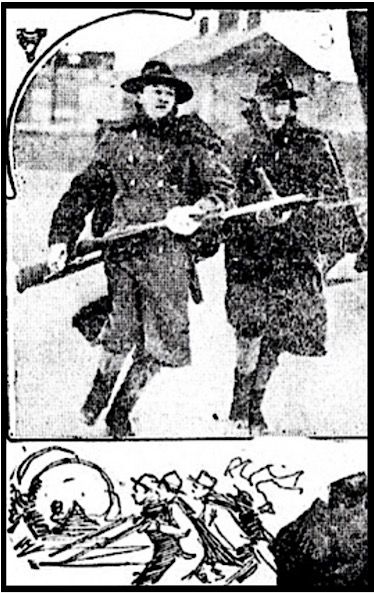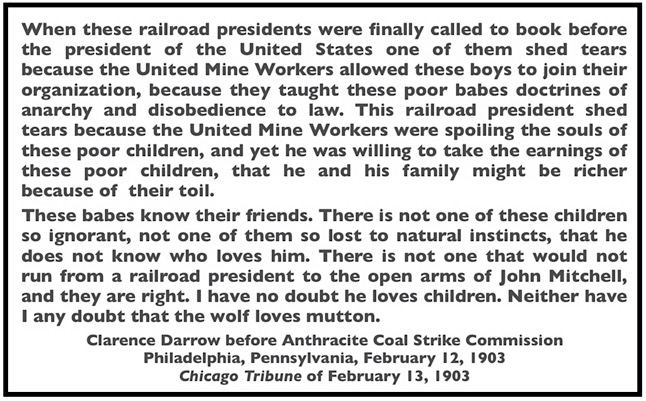 —————
—————
Hellraisers Journal – Saturday April 4, 1903
Editorial by Algie M. Simons: “The United Mine Workers’ Victory”
From the International Socialist Review of April 1903:
The United Mine Workers’ Victory.
—–
At last the long delay and deliberation are over and the arbitration committee has brought forth its report, and the capitalist press unanimously hail it as a victory for the miners.
The main point on which this cry for victory is based is in the 10 per cent rise, in the reduction to eight hours for a few favored laborers, the right to have check weighmen and a few similar articles. That this is a gain no one will deny, that it is in many senses of the word a victory is also true, but the further conclusion which practically every one of these papers draw, that the victory was attained through the methods of arbitration, we are unable to see.
Some months ago when the arbitration committee was first elected we pointed out that the miners would receive just what the proletariat has always received in a contest with its masters,—what it was able to take. There is, at least, some doubt if in this case the United Miners have not received even less than they could have taken had the fight gone on. We now know that there was nearly a million dollars still remaining in their treasury with funds pouring in from all over the world. We now know that a few weeks more of the strike would have brought on a coal famine that would have paralyzed the industries of this country. The great capitalists probably knew this at the time the arbitration committee was appointed. They must have known something of the probable effect of such a coal famine on the permanency of exploiting institutions. It is pretty safe to say that in view of this knowledge they would have been willing to have conceded the full demands originally made by the strikers rather than to have permitted the strike to have gone on to much greater length.
Every day that passed during the closing weeks of the struggle gathered new converts for the miners’ cause. At the same time the Socialists were using the material which was developing from day to day with tremendous force as an indictment against the entire system of capitalism. Under these conditions it is at least questionable whether Mitchell showed good tactics, considered from a trade union point of view, in accepting a Committee of Arbitration whose membership was so decidedly capitalistic. While considering what they have granted to the miners, the question comes up, could they have given much less and had any surety that another strike would not at once follow? It seems hard to believe that men living in the conditions that it has been shown the miners of Pennsylvania were living, and who had just been able to show such marvelous solidarity and organized resistance, would have remained quiet had they received much of anything less than what the Commission awarded them.
On the other hand, it must be at once admitted that the investigation of the Commission has not been without its value. Its proceedings when published will throw a flood of light upon industrial conditions in one of the greatest of American industries. This information will be of the greatest value in every battle which is waged against exploitation.
It is certain that the Pennsylvania Socialists who have shown such remarkable growth during and since the strike will derive new ammunition from this report for future battles. But neither of these things offers any argument in support of the arbitration of industrial disputes.
———-
Just how sincere the capitalist press have been in declaring the decision to be a great victory for the strikers is seen by an extract from a private telegram which has come into our hands, which was sent out by a well known firm of Wall street brokers to their customers. After giving the terms of the Commission report they say of the demands: “All of these, particularly five, six, eight and nine, are absolutely in favor of operators. The first and second clauses were offered by Mr. Baer three months ago. This looks like favorable news for PENNSYLVANIA, ERIE FIRST and D. & H.”
The “five, six, eight and nine,” which they favor, are the clauses concerning check weighmen, directing the payment by operators directly to mine laborers, condemnation of boycott and of blacklist. So much for the present. When we come to consider the future we are confronted with the proposition stated above that the contending parties will get exactly what they are able to take. There is no power outside of either of the parties to enforce the decisions of the Commission. In so far as governmental power will be called into use it is upon the side of the operators. There will undoubtedly be another fight before this recognition is granted.

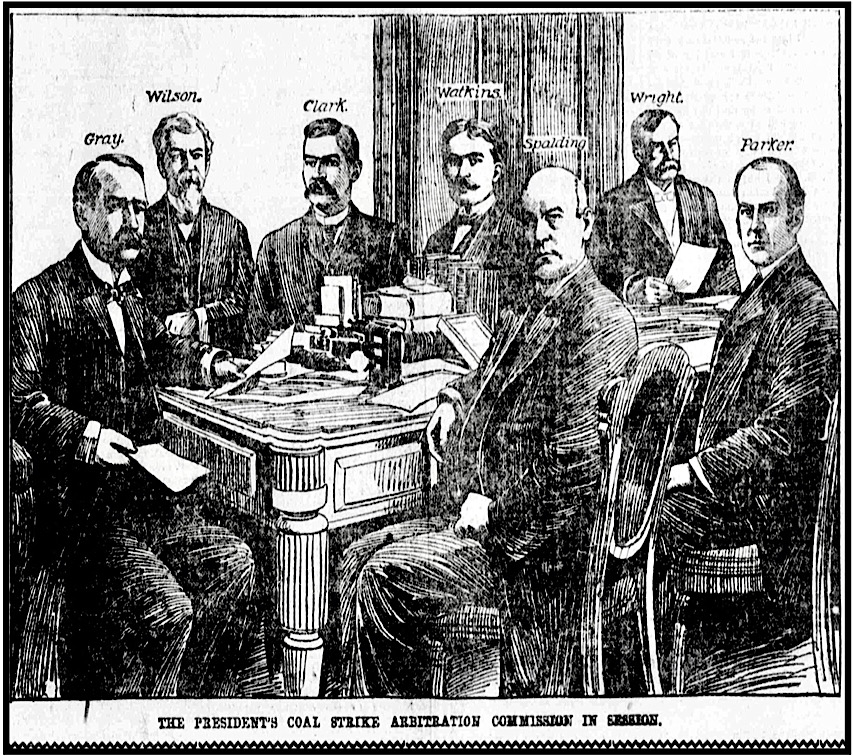
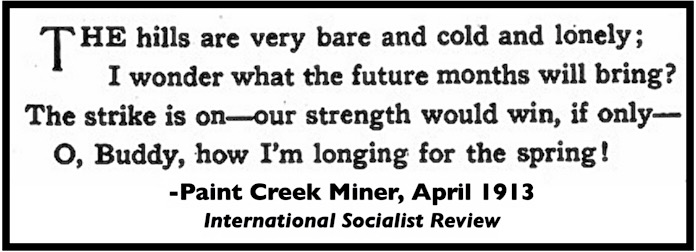 —————
—————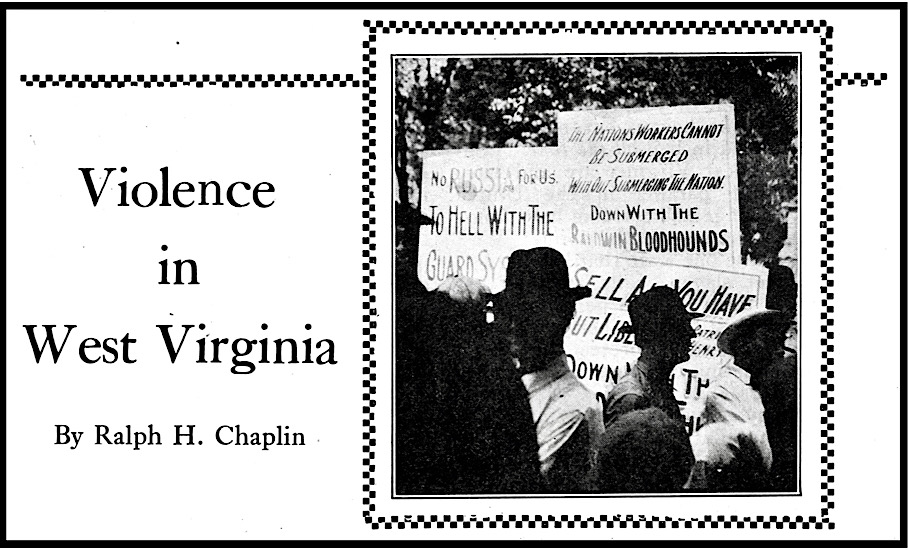
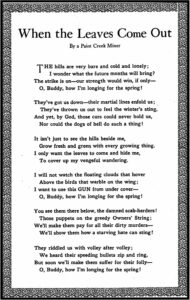
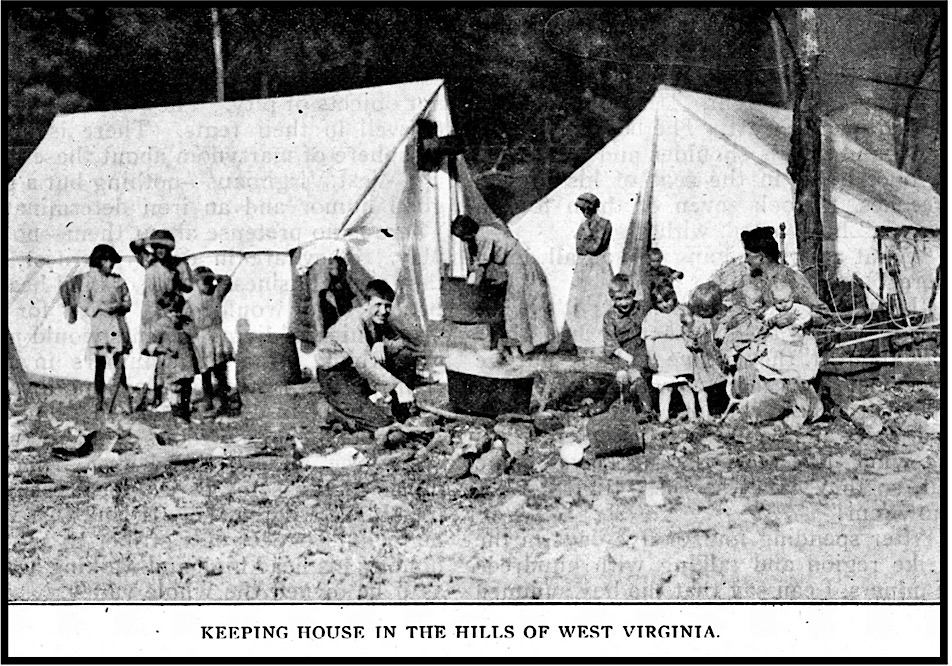
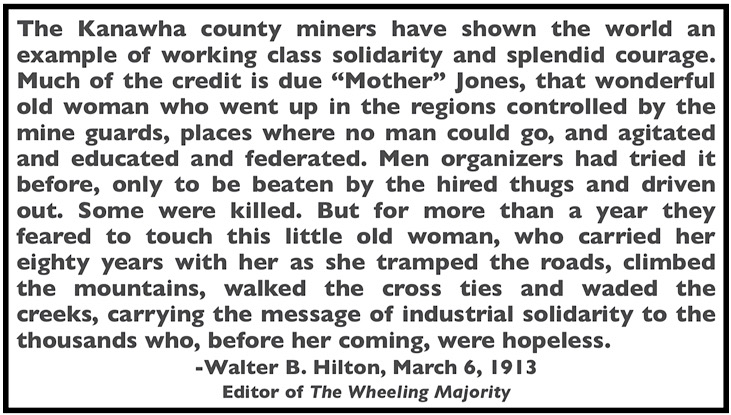 —————
—————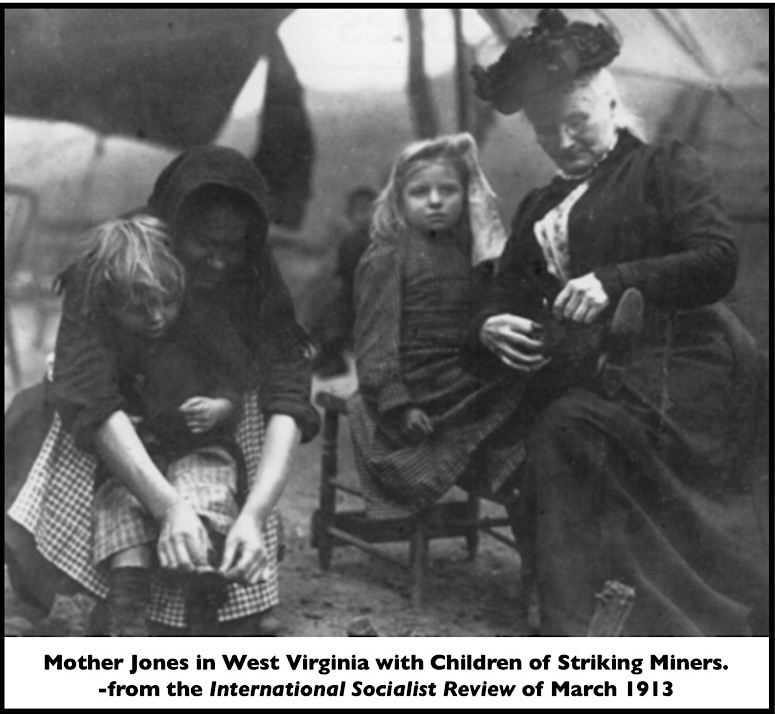
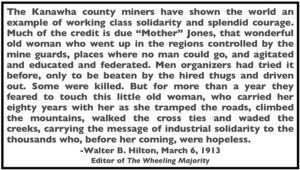 —————
—————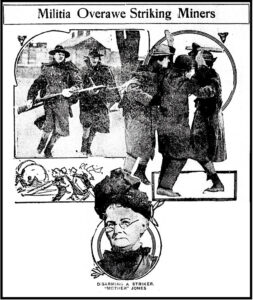
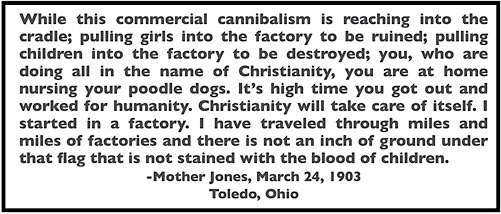 —————
—————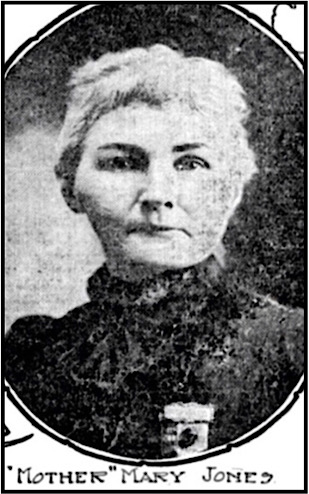
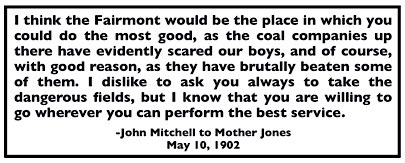 —————
————— —————
————— —————
—————